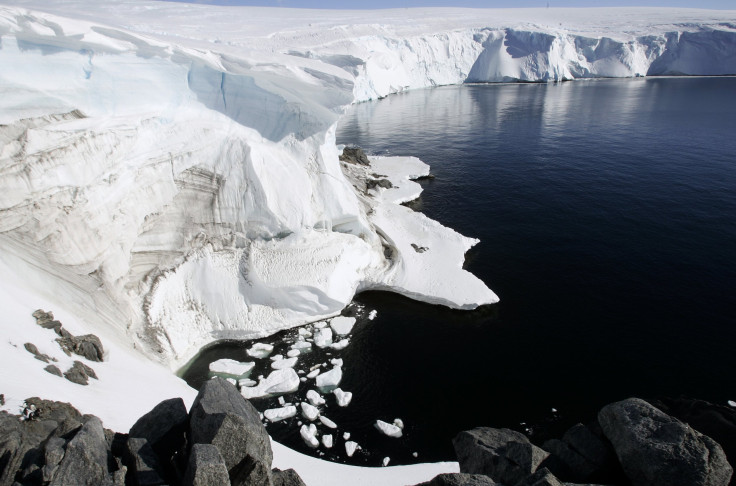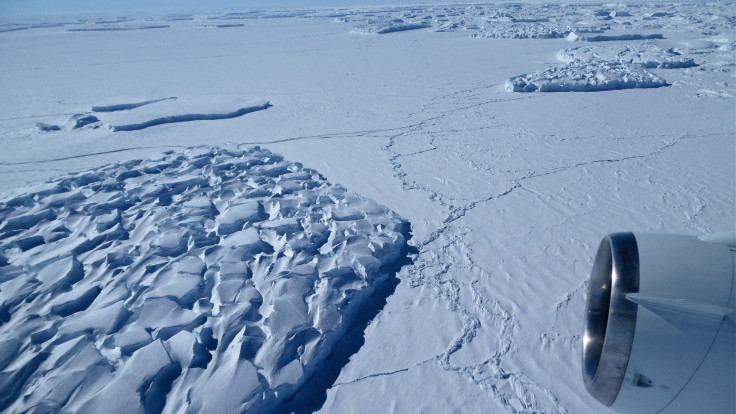Glaciers Will Continue Melting Over Next 100 Years – Nothing Can Stop It

All across the globe, climate change continues to cause an alarming number of glaciers to melt rapidly. In 2017 alone, we saw two massive icebergs — the Larsen C berg and the Pine Island berg — break off from Antarctica. Scientists now warn that this trend of glaciers melting is likely to continue unhindered for the next 100 years.
The Paris Climate Accord saw 195 nations come together to pledge their support in limiting the global temperature rise to significantly below 2°C, if possible to 1.5°C above pre-industrial levels. However, according to climate scientists Ben Marzeion and Nicolas Champollion from the University of Bremen, along with Georg Kaser and Fabien Maussion from the University of Innsbruck, even if we are successful in achieving the goals set out by the Paris Climate Accord, we would still not be able to prevent further glaciers from melting in this century.
"Melting glaciers have a huge influence on the development of sea level rise. In our calculations, we took into account all glaciers worldwide — without the Antarctic and Greenland ice sheets and peripheral glaciers — and modelled them in various climate scenarios," Kaser said in a statement.

"Around 36 percent of the ice still stored in glaciers today would melt even without further emissions of greenhouse gases. That means: more than a third of the glacier ice that still exists today in mountain glaciers can no longer be saved even with the most ambitious measures," Marzeion said.
Scientists estimate that every kilogram of carbon dioxide currently emitted will lead to 15 kilograms of glacier melt in the future. The researchers made calculations based on the functioning of an average newly registered car in Germany and found that for every five hundred meters one travels by car, one kilogram of glacier ice will be lost.
However, researchers say that when looking beyond this century, reducing global temperature rise to below 2°C to 1.5°C can make a very definite impact.
"Glaciers react slowly to climatic changes. If, for example, we wanted to preserve the current volume of glacial ice, we would have to reach a temperature level from pre-industrial times, which is obviously not possible. In the past, greenhouse gas emissions have already triggered changes that can no longer be stopped. This also means that our current behaviour has an impact on the long-term evolution of the glaciers - we should be aware of this," Kaser added.
© Copyright IBTimes 2025. All rights reserved.





















